My Attorney Says They Don’t Handle Property Damages
When dealing with another person’s insurance company for an accident, many attorneys will simply tell clients that they do not get involved with the property damage part of the claim and that includes diminished value and total loss settlements. In fact, MOST injury attorneys practice this policy on third party cases.
Why do they say this?
Well, normally it’s because there is no way for the attorney to make any money handling the property damages AND make sure the victim gets all their property damage money. Injury attorneys normally do a favor to victims by working on a contingency (normally 1/3 of any settlement), so that means they do not get paid up front, but only when there is a settlement and payout of damages.
They don’t have to do this, and an average (not super attorney or specialist) will make at least $150.00 / hour if they bill by the hour. It is a courtesy to work on a contingency, and a bet that your claim will settle at a high enough amount to make it a worthwhile pursuit.
Think about it: if an attorney were to take a contingency of say, a total loss settlement, then the victim does not get the full value of their vehicle. Likewise, if an attorney were to take a contingency of the damages on a repairable vehicle, there would not be enough money to actually repair the vehicle.
It’s a catch 22!
So DON’T hate on your attorney for not wanting to deal with the property damage, but DO understand that the attorney DOES represent you for ALL the damages incurred, even if some of the less scrupulous attorneys say otherwise. Smart and reputable attorneys find a way to live up to their obligation and help with property damages by either employing and / or suggesting an expert, or by dedicating part of their staff to the problem.
So what if your attorney says they don’t represent you for property damage? How can you call them out on their less than truthful statement?
Here’s how. . . explain to them that you know about the rules for splitting a cause of action. Except in special cases, it is not allowed for someone, even an attorney, to SPLIT A CAUSE OF ACTION.
A good case that shows how this works is Coomer v. CSX Transportation, Inc., 319 S.W.3d 366, 371 (Ky. 2010). If you sue for just injury, when the case is settled, then it is over, and you can’t then sue for more damages arising from the accident, so the property damages MUST be included in the injury suit, or you forfeit any damages you didn’t ask for.
Stated a little differently for clarity. . . this means that you can only sue the negligent person ONCE, not once for the injury and once for the property damage. When an attorney is retained, it is for the the accident, not just for the injury. The are tasked with pursuing the negligent party for ALL damages that they CAUSED due to the negligent operation of a motor vehicle, and that includes your vehicle damages, whether the attorney likes it or not.
If you are the victim of an auto accident, then one of the most frustrating things is that your VEHICLE was damaged or destroyed. I know if I didn’t have my vehicle available to me, I would be severely hampered in my daily activities.
Want to talk to an expert?
We consistently help attorneys and their clients navigate the property damage side of claims, and we pride ourselves on answering questions bluntly and for free. It is a marketing tactic that works (I learned that from an attorney).
Fill out the form below if you have a repairable vehicle or visit our free resources page to fill out our total loss consultation form if you are dealing with a low offer!

